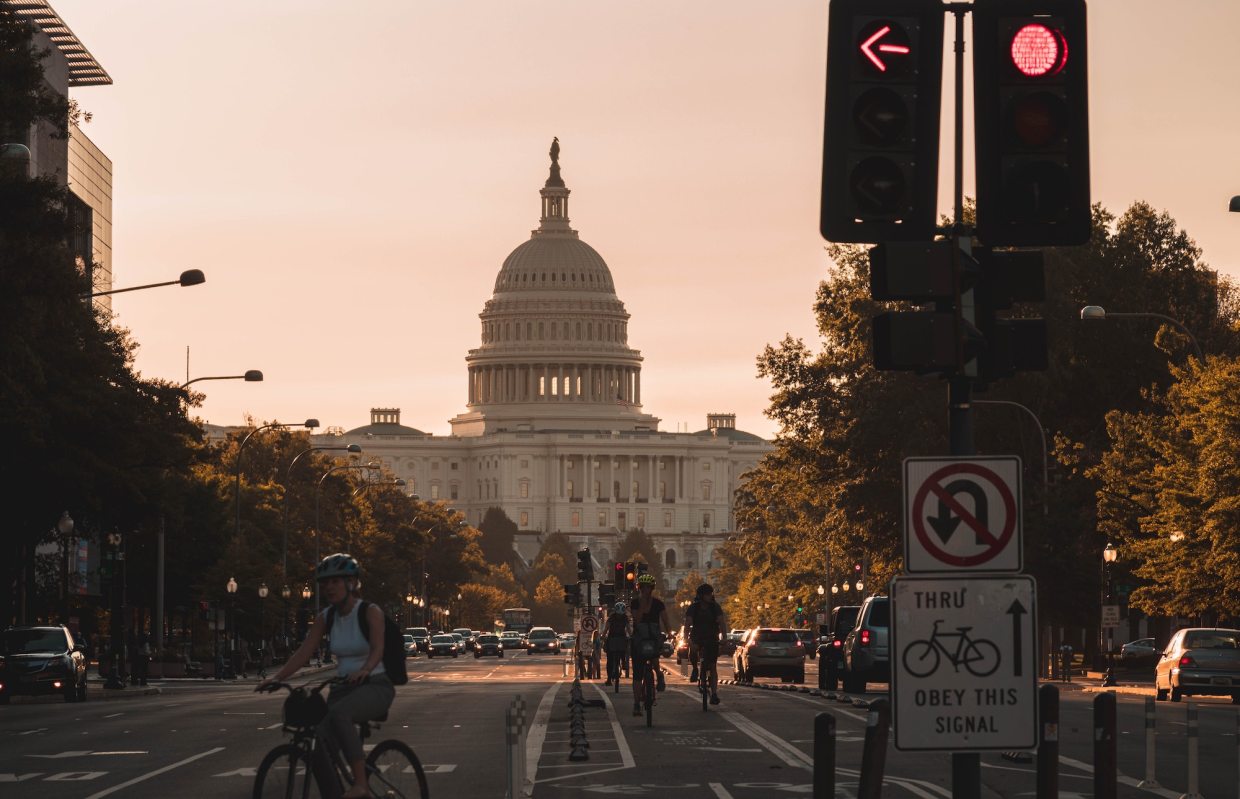Earlier today, the New York Times published an op-ed I wrote explaining why Foursquare believes the location technology industry needs regulation and why, as Foursquare CEO and a representative of our company, I am calling for it.
The op-ed describes how clear rules for what’s legal and ethical will provide needed guardrails for any company collecting location data. Our suggestions for what smart regulation could look like specify three core principles: First, regulation must demand value exchange for the consumer. Second, it must require transparency and consumer control. Finally, it must protect consumers by requiring data holders to “do no harm.” I believe in the Hippocratic Oath for data scientists.
It’s not easy to implement these principles and currently, abiding by them is voluntary.
But it’s the right thing to do—and that’s why we follow these principles at Foursquare.
We recognize that they’re not foolproof and that norms are changing. But as the leader in the space—now an even stronger company thanks to our recent acquisition of Placed and infusion of $150M led by the Raine Group—it’s our responsibility to take a stance and explain to Congress how to create a future we believe in.
Fans of Foursquare, partners, consumers and tech aficionados: Below are what we imagine may be some of your top questions about our op-ed, with our answers. We hope they explain why we’re asking Congress to act. To tell us what you think, email policy@foursquare.com.
Why is Foursquare calling for more regulation?
We believe location tech is incredibly valuable to consumers and to the U.S economy. It provides hundreds of billions of dollars a year in economic impact to large and small companies alike. Yet there’s no denying that there have been abuses. This industry is operating without rules. Smart regulation would force bad actors to change their ways and allow responsible actors to continue to provide benefits and to protect consumers.
What regulation do you want to see?
We believe regulation must live up to three principles. First, it must ensure location tech provides value for consumers and for the U.S. economy. Second, it must ensure companies are transparent about their practices and consumers have an understanding of what they agree to – i.e., consumers must be asked for, and provide, informed consent. Finally, it must protect consumers. We hope Congress will move forward, and we are happy to provide ideas for how to ensure these principles are at the forefront of any proposed regulation.
What does “value for the consumer” look like?
Foursquare believes that any time location data is collected, consumers must get something related to location in return—that can be anything from real-time discounts and travel recommendations to safer and faster transportation. They must also be freely and knowledgeably entering a fair exchange.
What does “consumer protection” mean, in Foursquare’s opinion?
“Consumer protection” means that companies should consider future use cases of its technology up front, and implement safeguards and processes to protect consumers. For example, we have categories of data we don’t share, and we don’t share certain types of data with certain types of clients (we don’t think your psychiatrist visit should be made public). We also vet potential partners to ensure they have a valid use case for collecting location data to begin with, and we increasingly work with partners as they upgrade their consent flows and develop their own safeguards. If we don’t think partners are using the tech or data ethically, we retain the right to cancel our partnership. These practices protect consumers, and we think they should be mandatory for our industry.
Is knowledge of the exchange what you mean by “transparency?”
Yes. If an app is tracking your phone as it moves through the world, that app should make you aware. Critically, the app, or anything else collecting your location data, needs to tell you in plain English. This information is too important to be buried in the terms and conditions. You can’t freely enter an exchange if you have no idea the exchange is happening.
Foursquare is a well-known player in the location tech space. How can you be an impartial source for advice on regulation? Don’t you just want to protect the status quo?
We think location tech does tremendous good for consumers and for the economy. But we’re calling for regulation precisely because, as a company in this industry, we see day-in and day-out where abuse can, and does, occur. We want to prevent such abuse, and we want to do so immediately.
Shouldn’t you be concerned that regulation will harm your bottom line?
Regulation is going to force everyone in the industry to change some practices, Foursquare included. That’s true even though we are one of the most responsible companies in the industry. We think it’s worth it. Norms are changing and we need to continue to ensure consumers are protected. Long-term, if consumers aren’t protected, companies and consumers alike will be uncomfortable with location tech.
In May 2019, you acquired another company. You’re now north of $100 million in annual revenue. Is it fair to present yourselves as a small, scrappy upstart?
Today we’re 350 people and we’re proud of our growth—we believe it’s because we’re providing a valuable service. Yet even as we’ve grown, Facebook is still about 170 times our size by revenue. Google is 1,000 times our size. If regulation favors major corporations, there’s no question larger companies would prosper and smaller ones—Foursquare included—would lose out. We are pushing for regulation that enables, rather than destroys, competition.



